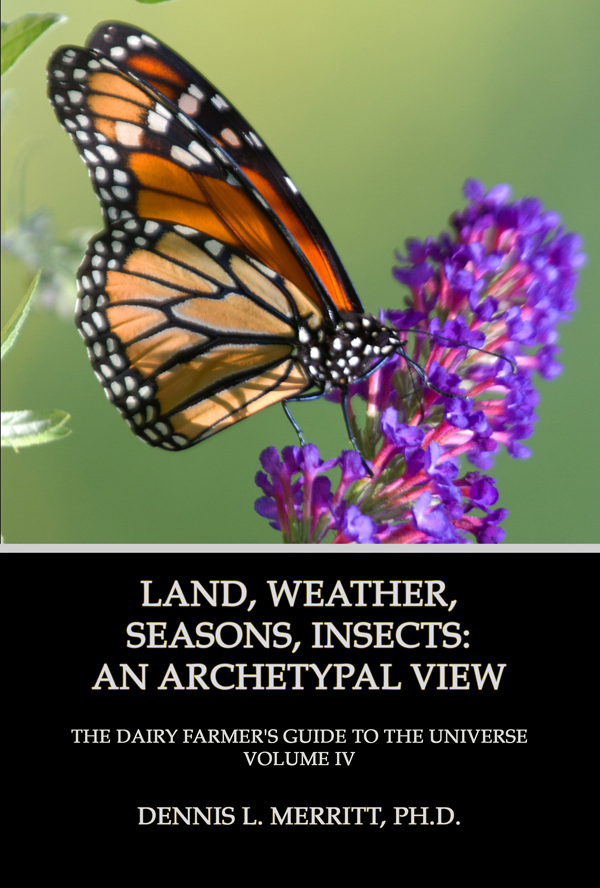The
issues of gun violence and gun
control will not be resolved unless addressed at the most basic
level--the Second Amendment right to keep and bear arms. Even the
gore of Sandy Hook barely moved the needle towards significant
changes in gun control, implying a need for a more archetypal
approach to the problem. (1)
The Founding
Fathers wrote the Constitution to be the mythic foundation of America
as a nation of laws. Archetypically the Constitution and the Bill of
Rights are in the realm of the Bible: they are like the Ten
Commandments for Americans. They strike the collective American
psyche as the Word of God in a nation without a religious foundation,
an important aspect of our uniqueness during the Age of the
Enlightenment when they were written. (2)
The Second Amendment right
“to keep and bear arms” is loaded with archetypal imagery in the
guns themselves. There is a fierce and frightening beauty in these
technological marvels of relative simplicity in design. With
soul-frightening noise the bearer can project great and deadly force
with these phallicy objects. The Lakota Sioux say such objects have
great wakan, great power; archetypal power in a sacred sense.
A gun in one's hand engages an ultimate archetype—death.
Guns can impart a deadly
sense of power to those feeling fearful and disempowered, but a power
that moves one towards black-and white, good-and-evil distinctions
because of the life-and-death potential guns wield. The power
to kill and maim can quickly sweep the bearer into the domain of the god of
war, Ares/Mars, the god behind the intoxication of gang warfare. An
individual or a group can take justice into their own hands, subverting a society of laws.


